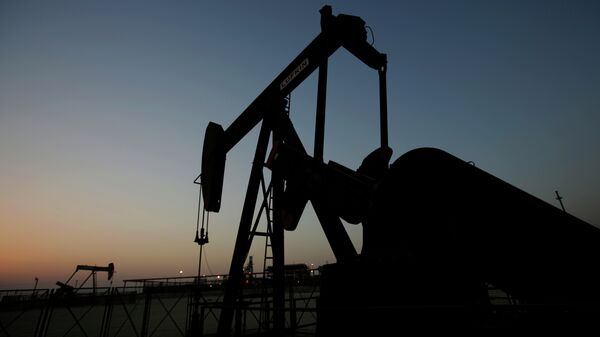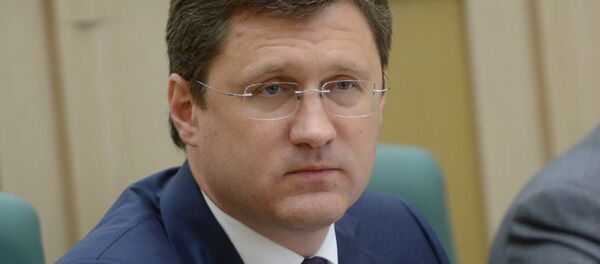"You know of the agreements and limits that exist now. There are no other agreements at the moment, that is all I can tell you," Peskov told reporters when asked if Russia planned to further reduce the oil output and if President Vladimir Putin gave respective instructions to Russian Energy Minister Alexander Novak ahead of the ministerial committee’s meeting of OPEC+ in St. Petersburg set for July 24.
In late 2016, OPEC and a number of non-cartel oil producers reached an agreement in the Austrian capital of Geneva to cut oil output by a total of 1.8 million barrels per day from October's level. The deal was made for the first half of 2017 in an effort to boost global oil prices and later extended until April 2018. The agreement was supported by 11 non-OPEC states, which promised to jointly reduce oil output by 558,000 barrels per day. Russia pledged to cut production by 300,000 barrels daily.
The Joint OPEC-Non-OPEC Ministerial Monitoring Committee (JMMC) was created in order to control the implementation of the deal. It includes ministers of three OPEC member states — Venezuela, Kuwait and Algeria — and two countries that not part of the cartel, namely Russia and Oman, and meets every two months.



